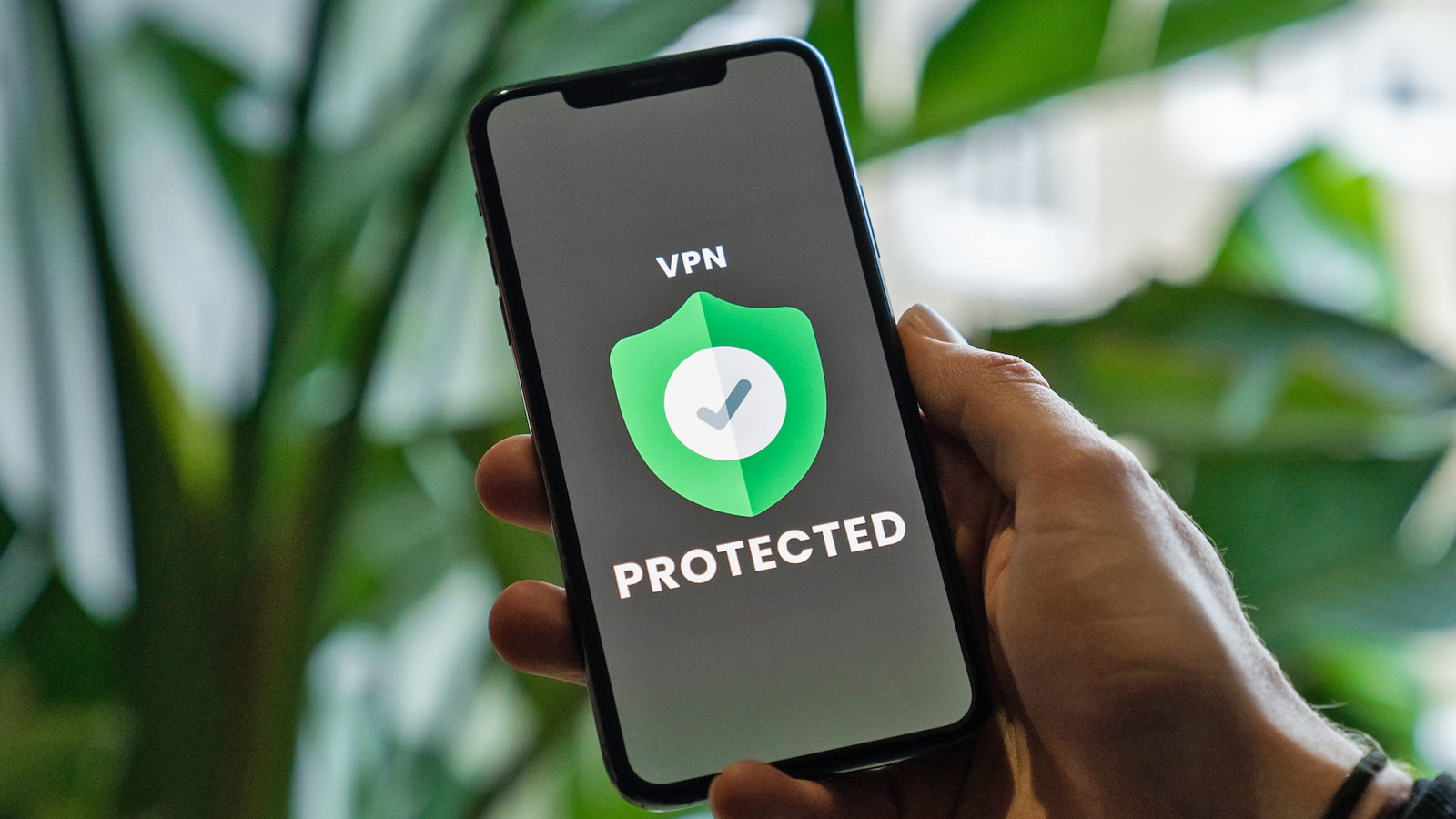
A Virtual Private Network (VPN) is a technology that allows you to create a secure and private connection between your device and the internet. VPNs are commonly used to protect your security and privacy when using public Wi-Fi networks, accessing blocked websites, or bypassing location-restrictions on content.
What is a VPN?
A VPN works by creating a secure and encrypted connection between your device and a remote server on the internet. When you connect to a VPN, your internet traffic is routed through this server, which acts as an intermediary between your device and the internet. This makes it difficult for anyone to intercept or spy on your online activity, as your internet traffic is encrypted and appears to be coming from the VPN server rather than your device.
How Does a VPN Work?
When you connect to a VPN, your device creates a secure and encrypted connection to the VPN server. This connection is called a "tunnel," and it ensures that your internet traffic is protected from prying eyes. Once you are connected to the VPN server, your internet traffic is routed through this server instead of directly to the internet. This makes it difficult for anyone to intercept your traffic or spy on your online activity, as your traffic is encrypted and appears to be coming from the VPN server.
Why Use a VPN?
There are several reasons why you might want to use a VPN. Here are some of the most common use cases:
- Increased Security - By encrypting your internet traffic and routing it through a VPN server, you can protect your online activity from hackers, government surveillance, and other threats.
- Privacy Protection - VPNs can help protect your privacy by masking your IP address and preventing websites and advertisers from tracking your online activity.
- Accessing Geo-restricted Content - VPNs can allow you to bypass geo-restrictions on content, such as accessing content that is only available in certain regions.
- Remote Access - VPNs can be used to access resources on a remote network, such as accessing files or applications on your work network from home.
- Public Wi-Fi Security - Using a VPN on public Wi-Fi networks can protect your online activity from potential eavesdroppers and hackers.
VPNs have become an essential tool for anyone who wants to keep their online activity private and secure. With the right VPN provider and proper configuration, you can enjoy enhanced security, privacy, and freedom when browsing the web.
Whether you're working remotely, accessing sensitive information, or simply want to protect your online identity, a VPN can provide peace of mind and ensure your online presence is safe and secure. As technology continues to evolve, VPNs will remain a vital tool for safeguarding your digital life.
Keep that in mind; there are a few things to consider before using a VPN that you should be aware of in order to keep your surfing and internet usage even more safe.
Comments